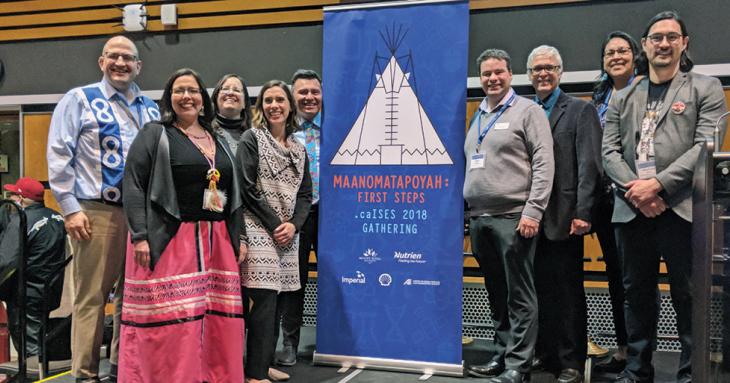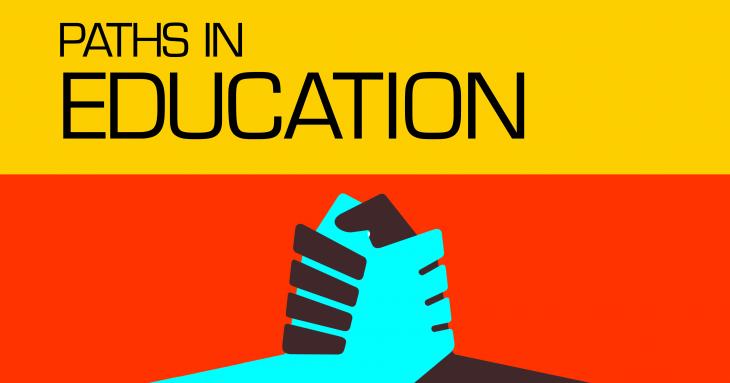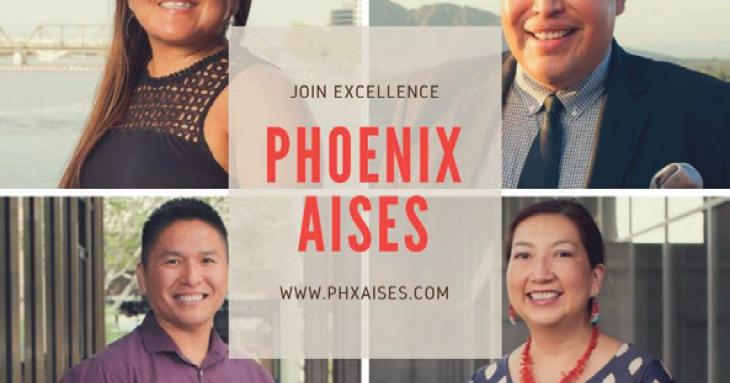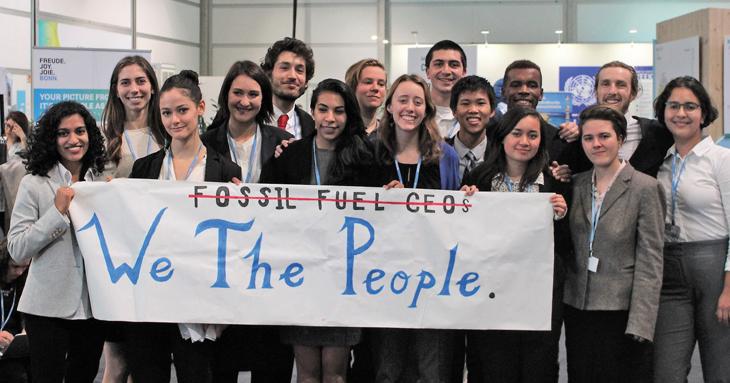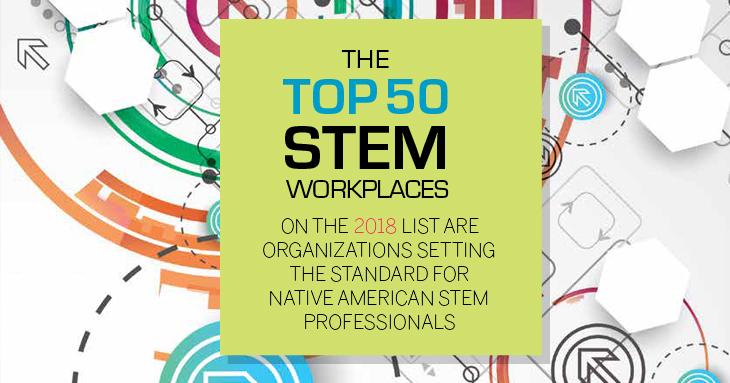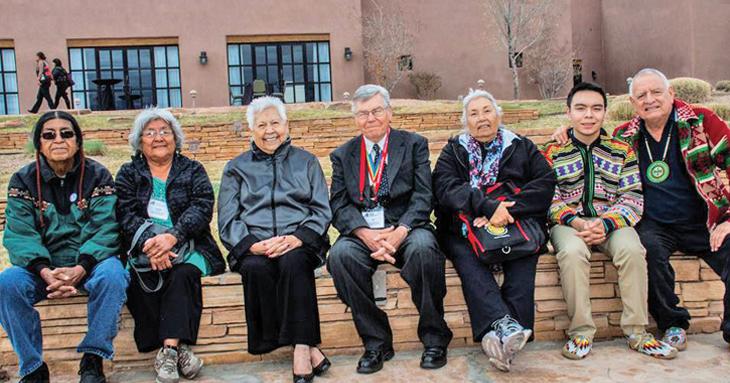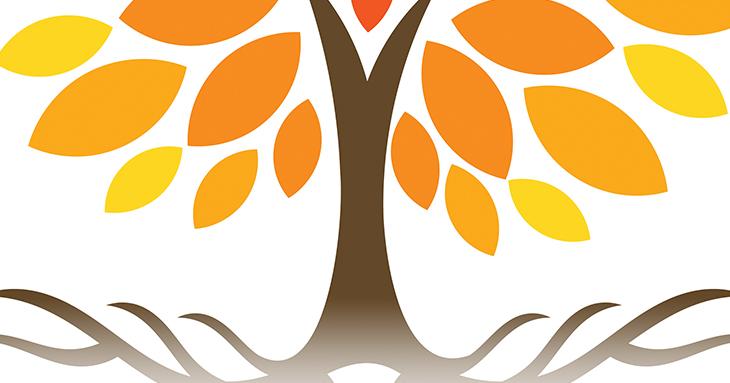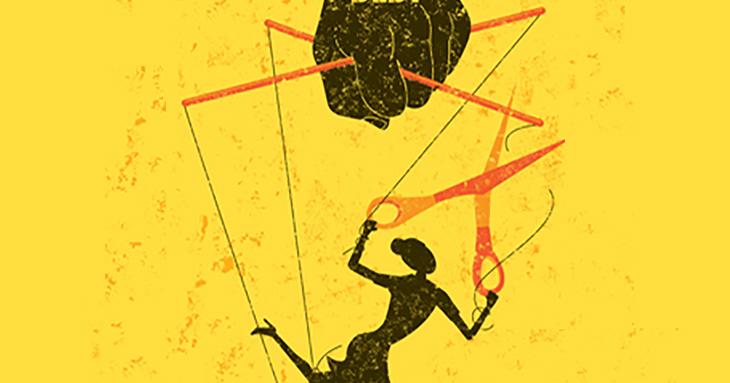-
The Canadian Indigenous Advisory Council
One of the newest advisory councils at AISES, the Canadian Indigenous Advisory Council (CIAC, pronounced “kayak”) supports the Board, staff, councils, and committees with insights about issues important to AISES members, and the entire Indigenous STEM community, in Canada. The council promotes the mission of increasing representation of Indigenous people in STEM across Canada, while helping the organization better serve all Canadian members and maintain relationships with corporate and postsecondary stakeholders.
-
Maximize Your School’s Support System - You Don’t Have to Go It Alone
Whether you’re a pre-college student or a post-doc, you’re not traveling solo. There are many people ready to offer advice, academic help, even tips on finding money for school. In the case of some of these people — who actually work for your school — their job is to get you whatever help you need.
-
Chapter Spotlight: AISES Phoenix Professional Chapter
There are many good reasons why one hundred Phoenix-based AISES members are active participants in the city’s Professional Chapter. For many, the most important is the opportunity to make a difference for Natives in STEM. Chapter members mentor individual students and offer guidance to the College Chapters at Arizona State, the University of Arizona, and Northern Arizona University.
-
Raising Indigenous Voices: Tomorrow’s Leaders Act At U.N. Climate Talks
Why I disrupted a White House panel at the U.N. climate talks
Like many members of my Indigenous family, I watched the events at Standing Rock unfold with a daily struggle of emotions ranging from heartache to pride to anger to gratitude. Physically, I was 1,200 miles away. I felt powerless, stuck behind a desk at Ohio State University pursuing my PhD. My Indigenous community played a significant role in propelling me through higher education to that desk. I knew I had my own role to play to support my relatives and their struggles at Standing Rock.
-
The Top 50 STEM Workplaces
If you leave work every day feeling smart and productive, chances are you’re employed at an organization that attracts and retains an inclusive staff. Research on workplace teams shows that when the members represent a diversity of race, gender, and sexual orientation, they are likely to be more creative when it comes to finding solutions. In fact, according to Diversity Inc., teams with a mix of backgrounds and approaches to problem-solving often outperform even more experienced homogeneous teams. And being intellectually engaged is a great way to feel good about your job.
-
Spotlighting Our Elders: The Council of Elders is an AISES mainstay
Meet the Council of Elders. Focusing on the mission: The Council of Elders Keeps AISES Grounded.
-
Thinking of a Career Switch? Consider Teaching
You’ve been on your current career path for a few years — or maybe it’s only a few months — and you suspect this isn’t where you want to be long term. Maybe you don’t find the work rewarding, or you aren’t making the meaningful connections you expected. If the nagging dissatisfaction is persistent and growing, it may be time to consider switching careers. Especially if you’re looking for more personal satisfaction, a career change to teaching is something to consider.
-
Re-energize for the New Spring Term: Here’s How to Make the Most of this Semester
It’s winter. The holiday break is a memory, and you’re settling in to the new term. And while it may seem that having been gone for a few weeks shouldn’t make a difference, we all know it does. So it’s important to think about things you can do to gear up for a great spring semester.
-
Roots and Wings: Campus Support Networks Help Native Students Stay Grounded - and Fly High
For most students, the prerequisites for academic success include more than intro courses. To do well in a rigorous campus environment, students need a strong safety net of support that includes like-minded friends, effective mentors, and cultural affirmation.
-
Controlling Student Debt: Here’s How to Take Charge of Your Finances
The student debt crisis has been in the headlines lately, and for good reason. Student loans are now second only to mortgages as the country’s principal category of consumer debt. There are more than 44 million student borrowers with a total of $1.45 trillion in debt — the average graduate from the class of 2016 entered the workforce with more than $37,000 in student loans.
Featured Stories
From Winds of Change Magazine and Paths to Opportunities Newsletters


